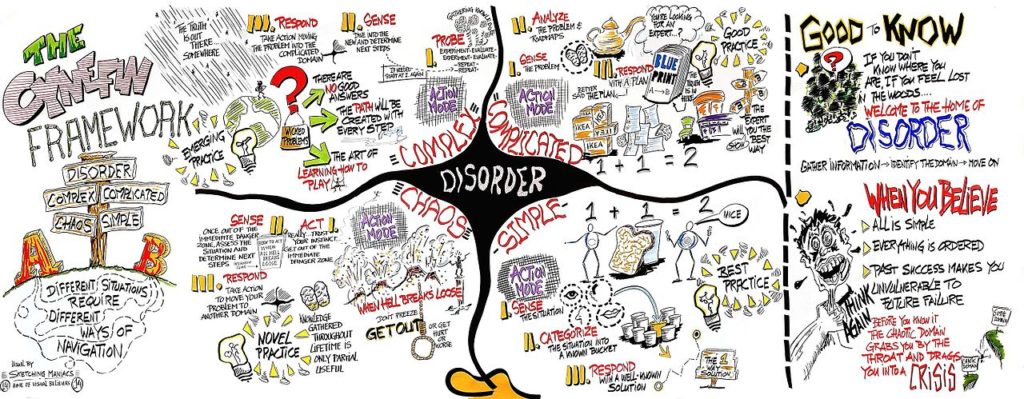Navigating challenges is crucial, but the type of challenge matters greatly. There are two categories: technical challenges with known solutions and complex adaptive challenges that are messy, ambiguous, evolving, and require flexibility. Recognizing the distinction is essential for effective responses and meaningful outcomes.
In navigating challenges, it is essential to distinguish between two main types: technical challenges and complex adaptive challenges. Understanding the differences between these two categories can help us approach such challenges more effectively.
Technical Challenges
Technical challenges (or technical problems) are problems with known solutions. They are often well-defined issues that can be solved by applying specific knowledge, skills, and procedures. Technical challenges are typically linear in nature, meaning that a clear series of steps can be taken to arrive at a solution. Examples of technical challenges include repairing a broken appliance, balancing a budget, or constructing a building according to a set of architectural plans.
Addressing technical challenges often requires expertise, but the path to the solution is generally straightforward. Once the necessary knowledge and resources are obtained, the problem can be resolved systematically. Technical challenges are commonly found in engineering, finance, and project management.
Complex Adaptive Challenges
1. Complex: The environment is complex, composed of multiple interacting agents—more often than not, people.
2. Adaptive: The challenge mutates over time and in response to actions taken to change it. It is not static but rather dynamic and evolving.
In other words, a complex adaptive challenge or environment is characterized by a high degree of complexity, many interacting elements, and the ability to adapt and change in response to interventions or attempts to solve the challenge. This makes such challenges particularly challenging to address, as the situation is constantly in flux and may require ongoing, flexible, and adaptive approaches.
In contrast, complex adaptive challenges do not have clear-cut solutions. These are inherently messy, ambiguous, and constantly evolving issues that involve multiple stakeholders with diverse perspectives and interests. Complex adaptive challenges are non-linear, meaning that the relationship between cause and effect is often unclear, and solutions may lead to unintended consequences.
Addressing climate change, reducing income inequality, or improving the educational system are examples of complex adaptive challenges. These challenges are deeply embedded within broader social, political, and economic systems and require a holistic, adaptive approach to responding, as there is no such thing as problem-solving in a complex system, only responses.
Addressing complex adaptive challenges involves experimentation, learning, and the ability to navigate uncertainty. Rather than relying on a pre-determined set of steps, we need to be willing to try multiple approaches, learn from their failures, and adapt our strategies as the situation evolves.
Wicked Problems
Wicked problems stand out due to their profound complexity and the elusiveness of clear-cut solutions. These problems are deeply intertwined with social, economic, and political dimensions. They lack a definitive formulation and eschew simple right or wrong answers, as solutions to wicked problems often give rise to new issues. Confronting wicked problems necessitates a comprehensive, collaborative strategy that embraces the complexity of the issues and involves stakeholders in a continuous process of adaptation and iterative responses.
To effectively navigate complex challenges, we need to embrace flexibility, collaboration, and continuous learning. By recognizing the nature of the challenge, we can tailor our response strategies and collaborate to find meaningful, adaptive solutions that address our dynamic world’s evolving needs.
Posts that link to this post
POST NAVIGATION
CHAPTER NAVIGATION
Tags: complex adaptive challenges (3) | complexity (93) | technical challenges (1) | unintended consequences (14) | wicked problems (1)
SEARCH
Blook SearchGoogle Web Search
Photo Credits: Midjourney (Public Domain)
If you enjoy my work and find it valuable, please consider giving me a little support. Your donation will help cover some of my website hosting expenses.
Make a donation


